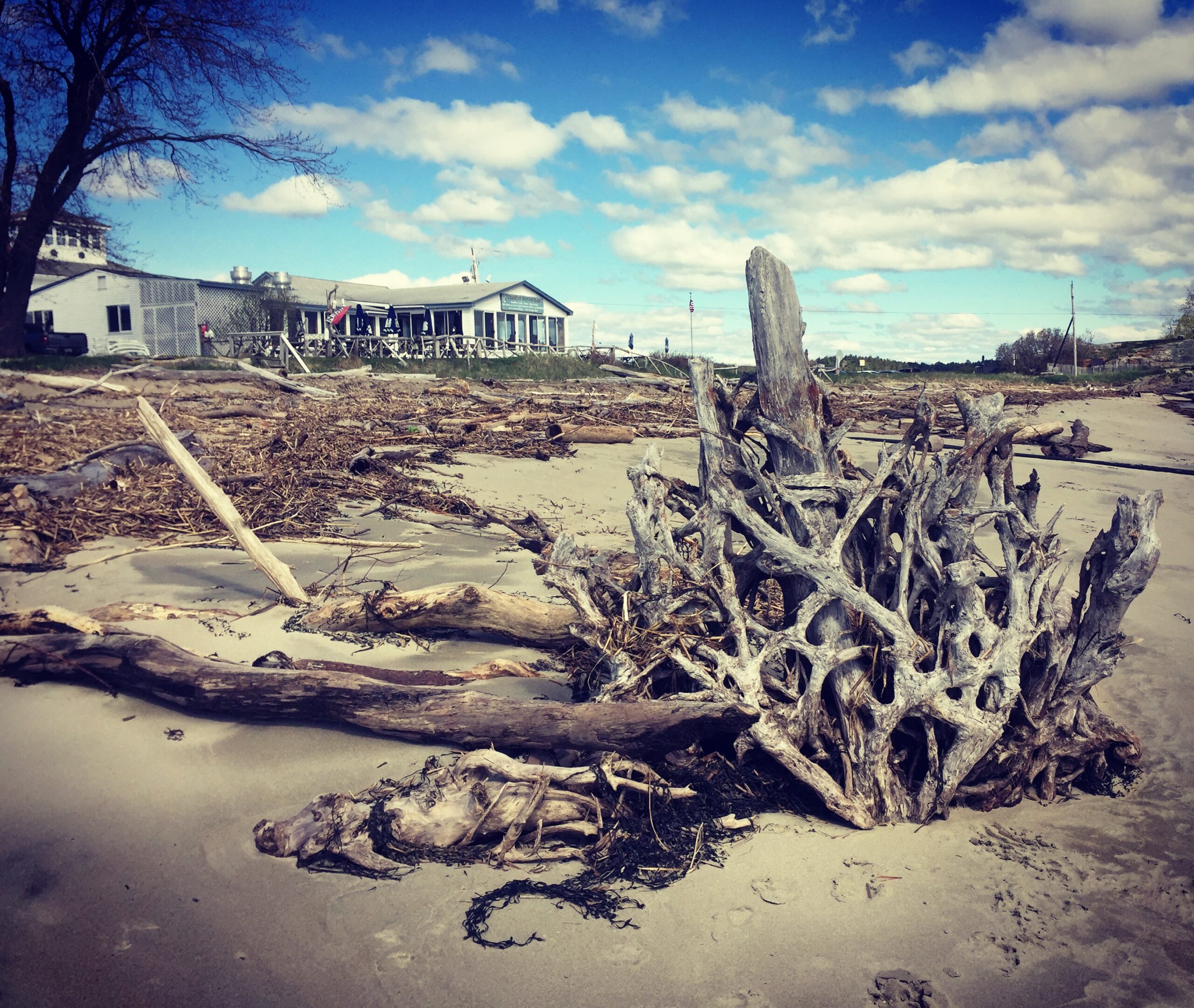
The Experience of Freedom: Estonia
Many of the more reflective and thoughtful people I interviewed in Estonia acknowledged that they and their fellow citizens were frightened by the prospect of freedom—and were concerned about how they should respond to this new-found freedom. I wonder if similar concerns would be found among those who celebrated the “Arab Spring” more than a decade later. We know now, quite sadly, that many participants in and those opposed to the Arab Spring did not comport themselves very well. There were not only riots and destruction of property, but also political reprisals (including imprisonment and executions).
It seems that the challenge of freedom in Estonia and in the Arab countries produced quite different results. Why was this the case? Are there cultural differences (which could easily lead us to stereotyping and racial/cultural biases)? Perhaps, there were major, underlying religious (Muslim) schisms in the Arab countries that we don’t find in Estonia. This is an unlikely reason for the differences in reactions to freedom—given that Estonians come from both Protestant and Eastern Orthodox backgrounds. There is a long history of major tension between these two Christian churches. What, therefore, might be the reasons for these different societal reactions?
Estonians in the early 1990s acknowledged that they often express skepticism and pessimism –because they cannot yet cope either individually or collectively with the challenges accompanying freedom. For many years (and frankly many centuries) the Estonians have been subject to invasion and control by other countries (most recently, the Soviet Union). One of the Estonians I interviewed put it this way: “we {Estonians] don’t really think about or plan for the future, for the future of our country has long been in the hands of those who invaded and took over control of our country!” Now, things were potentially changing, as Estonia gained its independence.
The old rules were abandoned and the old structures collapsed. If anything endured, it was ephemeral: the values of a collective well-being and the sense of a shared destiny. The void in structures and laws had not yet been filled. Many of the men and women I interviewed recognized that they must now assume responsibility for their own actions. They could no longer look to or blame the leaders or bureaucrats that in many instances had been imposed on them from outside their country. To offer a bit of psychology at this point, we can point to a very important shift from an externa locus of control: “I don’t have much to say about my fate.” There was now an internal locus of control: “My fate is now in my own hands”. This shift requires a major cognitive and emotional shift in one’s psyche. This shift is often accompanied by retreat to an external control—an escape from freedom.








